Is Your Teacher a Pirate? – Understanding Emergent Curriculum
I love this photo of one the marvellous educators I had the privilege to work with. The larger photo shows her surrounded by a mob of children in and around a plastic sandpit which they have transformed into a pirate ship. As you can see she happily loses herself in the play with the children. They are after all on the hunt for buried treasure!
Within an Emergent Curriculum approach to early education, the educator assumes a variety of interchangeable roles, including that of;
Curriculum co-creator:
-
Educators work together with the children, the family and the wider community to create the learning curriculum.
- A good educator is always paying close attention to the child’s thinking as a starting point for learning. Learning investigations are based on the children’s questions, theories and interests as curiosity is a great motivator for learning. We as adults know that it is far easier to learn when we are actually interested in the topic.
Educators undertake a complex planning process based on constant observation of children interacting in the classroom, designing learning discoveries for the children, their own professional reflections of the learning observed so far, and collaboration with the children and their families.
Prop manager:
- Educators introduce a wide variety of expressive media and resources that can be used to provoke and support learning and to represent ideas and thoughts.
- Educators encourage children to make their thinking visible – through talking, playing, drawing, painting, dancing, music, using 3D materials and many more expressive means. It is through these opportunities to represent learning that the child’s level of understanding is consolidated.
Coach:
- Educators model a sense of inquiry and curiosity and encourage the use of imagination.
- They endeavour to activate the meaning making competencies of each child as a basis of all learning by ask interesting, open ended questions that encourage children to express their thoughts and theories and be creative.
- Educators facilitate a variety of group learning experiences – small group times, larger group times, and independent learning time. Collaborative group work is considered necessary to advance cognitive development. Children are encouraged to dialogue, critique, compare, negotiate, hypothesize, and problem solve through group work.
Researcher:
- Educators support children to explore and research ideas in more depth – taking what is seen and heard, and bringing to children the opportunity to discover more, dig deeper, and construct further knowledge.
- The process of ‘hypothesise – trial – prove’, helps the child to develop deeper understandings of their world.
Broadcaster:
The educator takes time to share the learning story with the child, the family and the wider community.
- We share documentation with the children so they have the opportunity to revisit their learning. This will often spark further investigation from a new perspective, or invites different children into an extension of the earlier play.
- We share documentation with families. Relationships between families and children and educators are strengthened when they share understanding. This also creates opportunities for families to contribute to the program in meaningful ways.
- We use documentation as a tool for social change. The stories we share about the learning in the environment educate the wider community about the process and value of learning in early childhood.
- We use written documentation to record shared history. It tells the story of our shared experiences and builds a greater sense of community.
I would love to know – is your child’s teacher a pirate?
Read more of the Understanding Emergent Curriculum series;

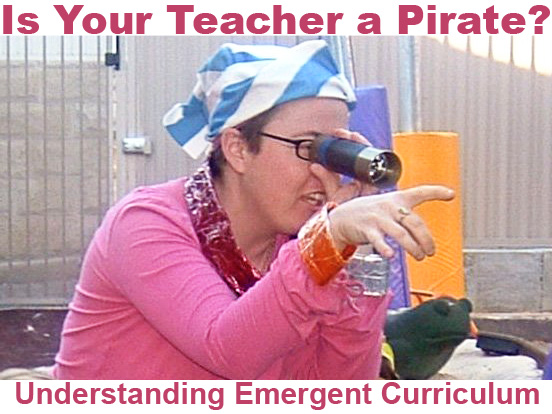

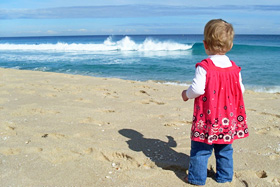
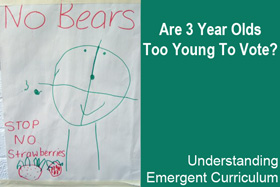
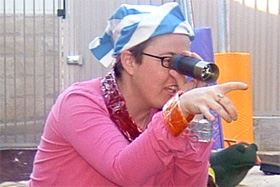

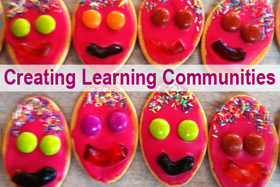
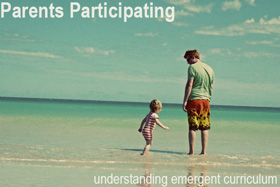
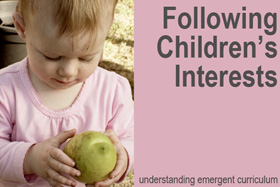
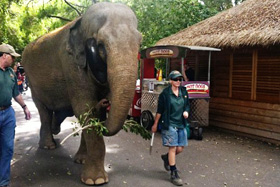
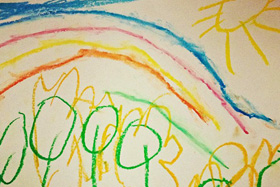
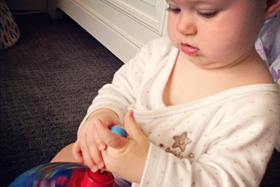
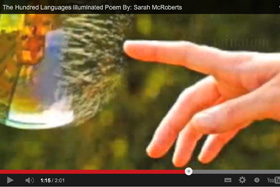
My boys are attending a community centre daycare using the emergent curriculum, I am so impressed with the program and results with my children it is just fabulous!
I am glad that your children are thriving within the program, you must be so pleased.